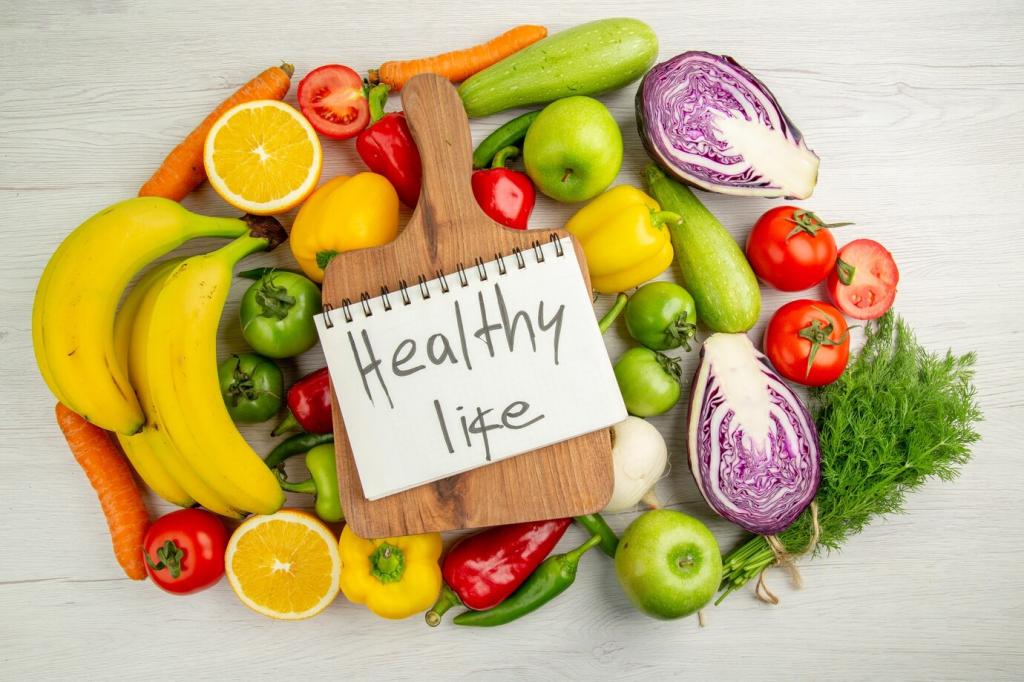Hydration Tips for Fitness Success
Understanding the Role of Hydration in Fitness
Why Hydration is Crucial for Exercise Performance
Fluid loss during workouts significantly impacts your strength, endurance, and overall exercise outcomes. When you become dehydrated, your blood volume decreases, making your heart work harder to deliver oxygen and nutrients to your muscles. This increases fatigue and reduces your ability to push through challenging workouts. Hydration directly influences how efficiently your muscles contract, how quickly you recover, and your body’s resilience to the physical stresses of exercise. Therefore, drinking enough water before, during, and after exercise is non-negotiable for anyone seeking fitness success.
How Dehydration Negatively Impacts Your Body
Even mild dehydration can cause a noticeable decline in both physical and mental performance. Symptoms may include headaches, muscle cramps, dizziness, and decreased concentration—all of which can disrupt your workout and increase risk of injury. Dehydration also impairs your body’s ability to regulate temperature, making exercises feel more strenuous and potentially leading to dangerous heat-related illnesses. Understanding these risks highlights the importance of consistently monitoring your fluid intake, especially during intense or prolonged physical activity.
The Science Behind Sweat and Fluid Loss
When you exercise, your body naturally cools itself through sweating, which leads to loss of fluids and electrolytes. The amount of sweat and the rate of fluid loss can vary depending on factors like exercise intensity, climate, and individual physiology. If this lost fluid isn’t replenished, your body’s performance drops significantly, and recovery slows down. Being proactive about fluid replacement is vital, as thirst often underestimates your true hydration needs during strenuous activity.

Hydration Timing: Before, During, and After Workouts
One of the most effective ways to stay hydrated is to split your water intake throughout the day, paying special attention to critical moments like pre-workout, in-session, and post-exercise periods. Drinking water before your workout prepares your body, supports peak performance, and prevents early dehydration. During exercise, sipping fluids at regular intervals helps maintain your body’s balance and stamina. After workouts, replenishing lost fluids supports recovery, helps flush out toxins, and restores essential functions. Ignoring any of these stages can compromise your fitness gains and overall well-being.

Recognizing and Responding to Hydration Needs
Everyone’s hydration requirements are unique, influenced by factors such as age, body weight, activity intensity, and environmental conditions. Learning to listen to your body’s signals—like thirst, changes in urine color, and energy levels—can help you tailor your hydration plan. However, relying solely on thirst isn’t always sufficient, as you may already be mildly dehydrated by the time thirst sets in. Developing mindful hydration habits, based on observation and adjustment, is key to achieving sustained fitness success and overall health.
Myths and Misconceptions About Hydration

Myth: More Water is Always Better
While water is indispensable, overconsumption can lead to a condition called hyponatremia, where blood sodium levels drop dangerously low. This can cause symptoms ranging from nausea and headaches to confusion and, in severe cases, life-threatening complications. The key to effective hydration is balance—drink according to your needs and physical demands, and aim for steady intake rather than flooding your system. Recognize that optimal performance comes not from drinking excessively, but from drinking wisely in response to your body’s requirements.

Misconception: Sports Drinks are Necessary for All
Sports drinks are often promoted as essential for workout hydration, but for most exercise routines—especially those under an hour in moderate conditions—plain water is sufficient. The extra sugar and calories in many sports beverages are only necessary for intense or long-duration sessions where electrolyte loss is significant. For everyday fitness enthusiasts, these drinks can introduce unwanted sugars, potentially undermining diet goals. Understanding when sports drinks are helpful and when plain water suffices ensures effective hydration without unnecessary additives.

Myth: Thirst Alone is an Accurate Guide
Many rely on thirst to signal when it’s time to drink, but this reflex is not always timely, particularly during strenuous activity or in extreme environments. Research shows that by the time you feel thirsty, your body may already be a little dehydrated. Additionally, stress, excitement, and focus during exercise can suppress the thirst response. Incorporating a proactive hydration strategy, rather than reactive drinking, helps sustain performance and protect your health, no matter your fitness level or goals.
